Several years ago, during extended travels in Malaysia, I made an unforgettable stop at Sepilok Orangutan sanctuary. As we drove through fields of palm tree farms, my guide explained to me the negative effects of Palm oil harvesting.
The biggest impression on me came when he explained workers often cut trees down to make room for planting more palm trees. Rarely do they look up. Too many times a mother orangutan is in the tree. When the tree falls, she makes sure to fall on her back to protect the infant in her arms. Most times, the mother does not survive the fall and the infant does. If the baby orangutan is lucky, it is not killed (the body buried and hidden) or smuggled elsewhere to be sold on the black market. The more fortunate of them are taken to Sepilok to be raised and released into their sanctuary.
This is only one of the evils of unsustainable palm oil production affecting humans and animals. Other devastating consequences can be large-scale forest conversion, loss of critical habitat for endangered species, including rhinos, elephants and tigers, soil erosion, soil and water pollution, eviction of forest-dwelling people and social conflict in communities.
The production of ‘bad’ palm oil is rapidly destroying virgin rainforests and ecosystems and causing air pollution to rise and putting many species at risk of extinction. If grown sustainably, ‘good’ palm oil can benefit local communities with fair working conditions and help protect valuable species and forests.
Since 2004, the RSPO or Roundtable on Sustainable Palm Oil is trying to change this.
RSPO is a not-for-profit organization that has developed a set of environmental and social criteria, which companies must comply with in order to produce Certified Sustainable Palm Oil (CSPO).
Palm oil is not just in food, many products contain palm oil. It is a common ingredient in many everyday items such as margarine, biscuits, bread, cereals, noodles, shampoos, lipsticks, candles, detergents, chocolates and ice creams, to name but a few (in fact, as much as half of all supermarket items contain it.)
It is commercially grown in several tropical countries but mainly in Indonesia and Malaysia, which account for 85% of global palm oil production. Worldwide demand for palm oil is expected to double again by 2050 to 240 million tons.
Palm oil is the most efficient oilseed crop in the world. Sustainable palm oil is an incredibly high-yielding vegetable oil, other vegetable oils (such as rapeseed and sunflower oil) replacing it will require more land to yield the same amount of oil.
The palm oil debate is a complex one and it can be confusing as to what action can and should be taken. The RSPO aims to facilitate the dialogue, to raise awareness on the issue of palm oil and to help consumers and all stakeholders make more informed decisions.
#1 Check it!
Know what products contain palm oil and when buying these products, check for this seal on the label.
DISCLOSURE: This blog post is sponsored by the Roundtable on Sustainable Palm Oil and is the first time I have ever put a sponsored post on this blog. My personal experience shaped my desire to share the information in this post and although this post is sponsored, all opinions are my own.




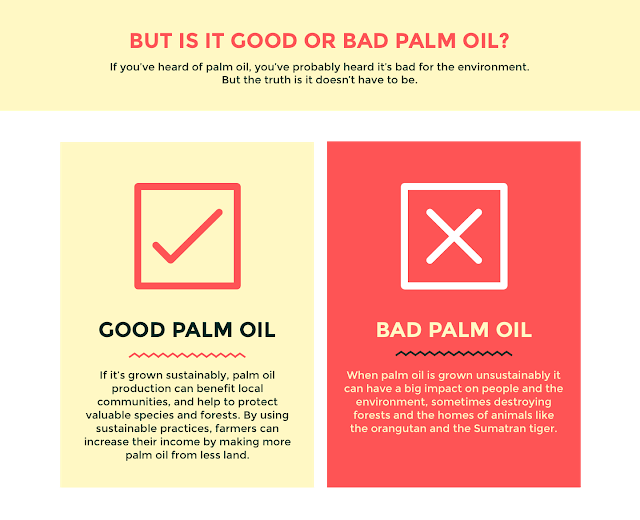
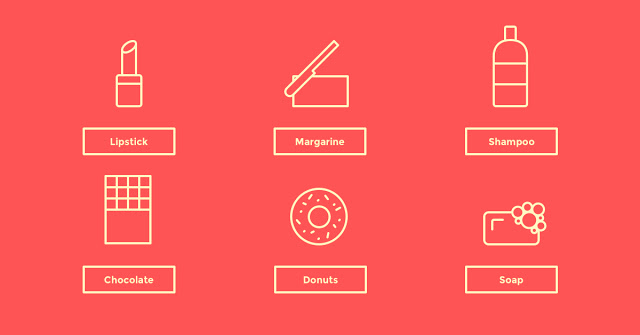

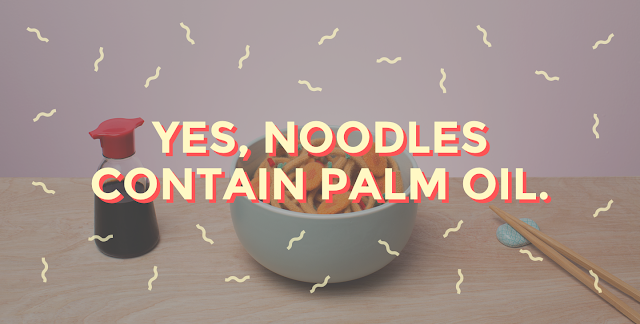
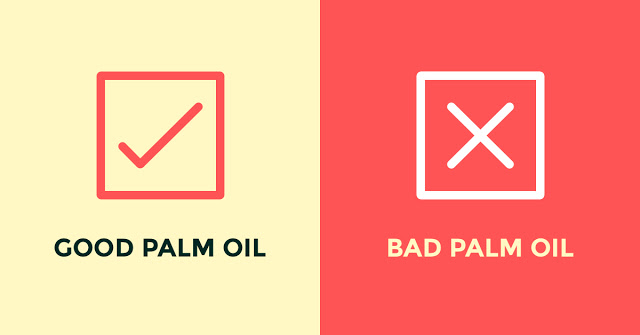

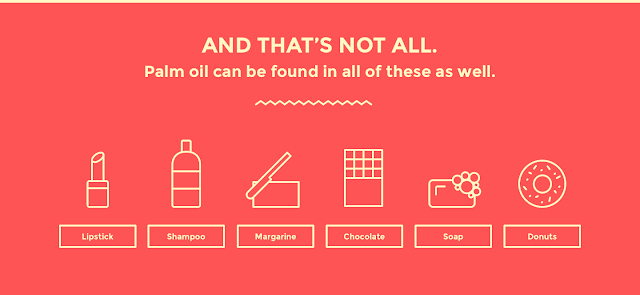
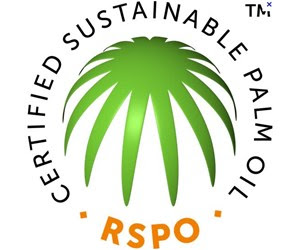
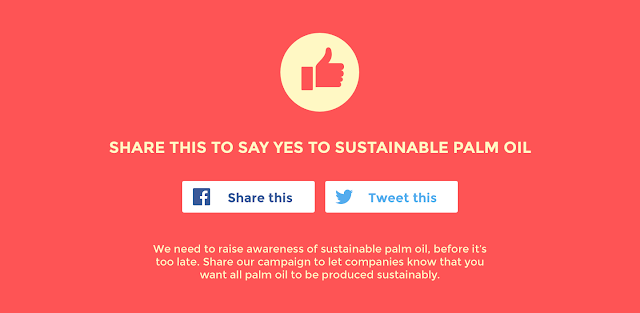
1 comment
FANTASTIC post. Great to see some insight from someone who has first hand knowledge of the situation!